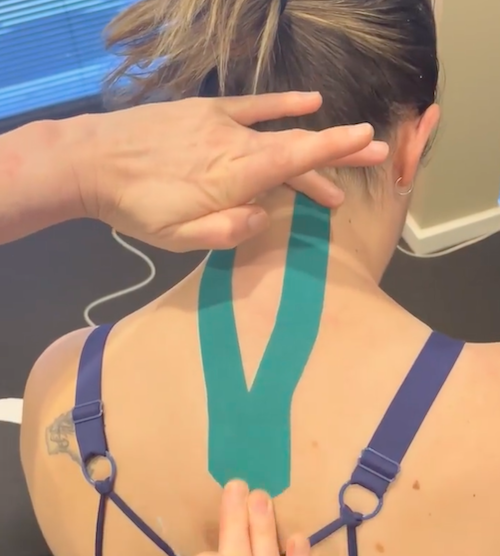DOES BEING OVERWEIGHT CONTRIBUTE TO TENDON PAIN?
Our body mass index (BMI) increases the risk tendinopathy in both the upper and lower limbs. The biological mechanisms have not been one hundred percent established within the physiotherapy community, however the consumption of excessive cholesterol through diet does result in the accumulation of oxidised low-density lipoproteins in the low bearing region of a tendon. In turn, this may impair type one collagen production and reduce the strength and energy storage capacity within the tendon.
So, does being overweight contribute to tendon pain?
The short answer is yes, being overweight can contribute to tendon pain.

Please be aware the evidence is still ascertaining the true reasons for obesity affecting tendon loading capacity (as in understanding WHY), though it is proven that there is an effect.
So in terms of relevance for you and me: people with large BMI and in particular a broad waist girth, it will be advised for them (regardless of whether the painful tendon is in the lower limb or upper limb), reducing their body weight will help to improve their tendon recovery.
A lipid (fatty compounds) profile would also be done for these clients to see whether the cholesterol level is contributing to the type one collagen production issue.
Reference
Scott, S., Backman, A., & Speed, C (2015).
Tendinopathy: Update on Pathophysiology/
Journal of Orthopaedic Sports Physical Therapy. 45 (11).
